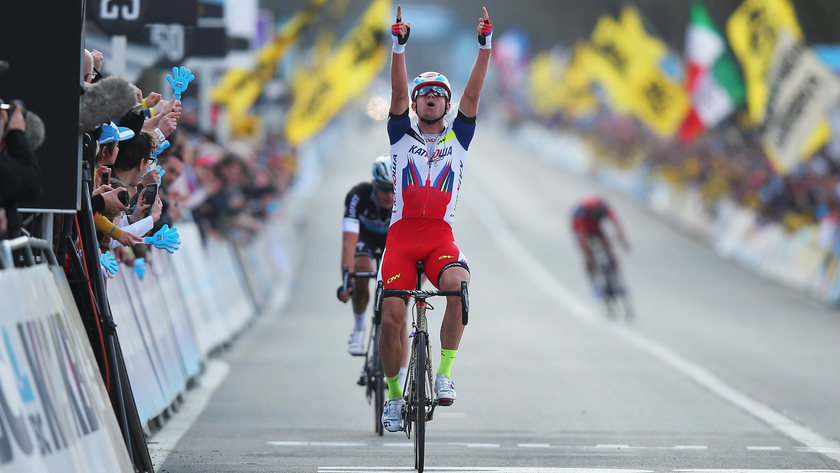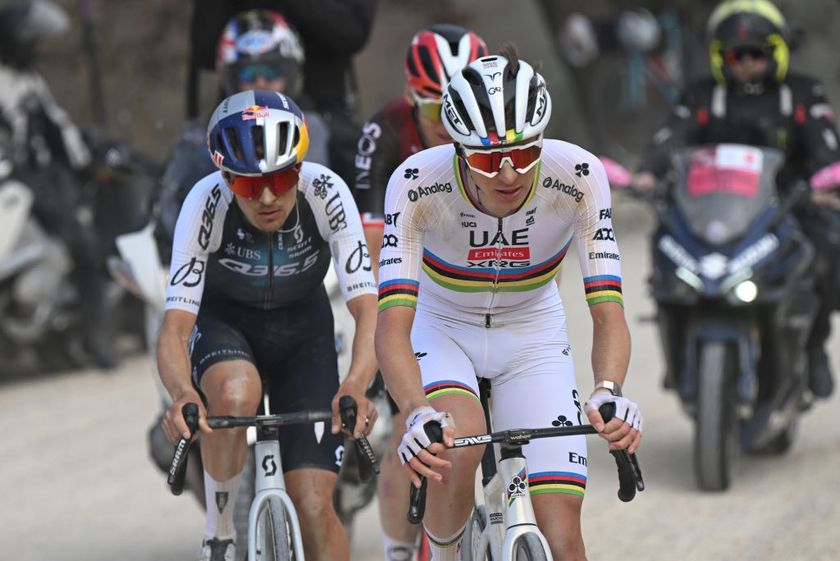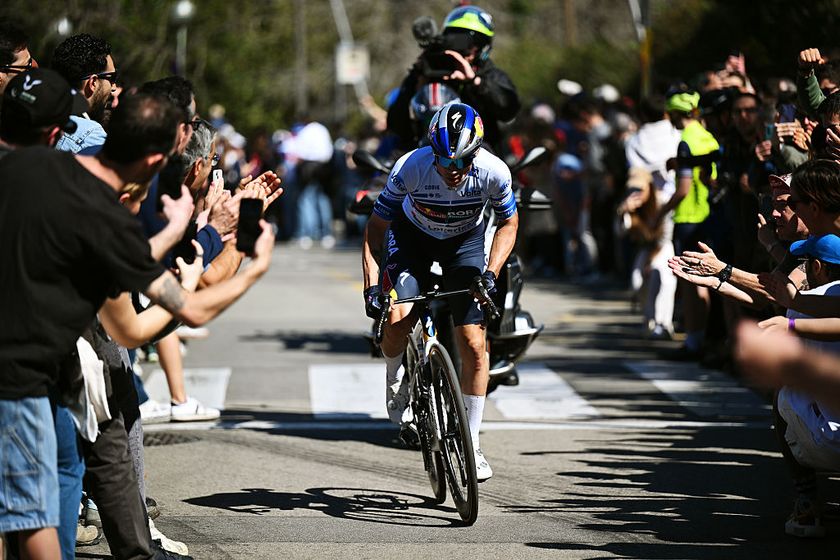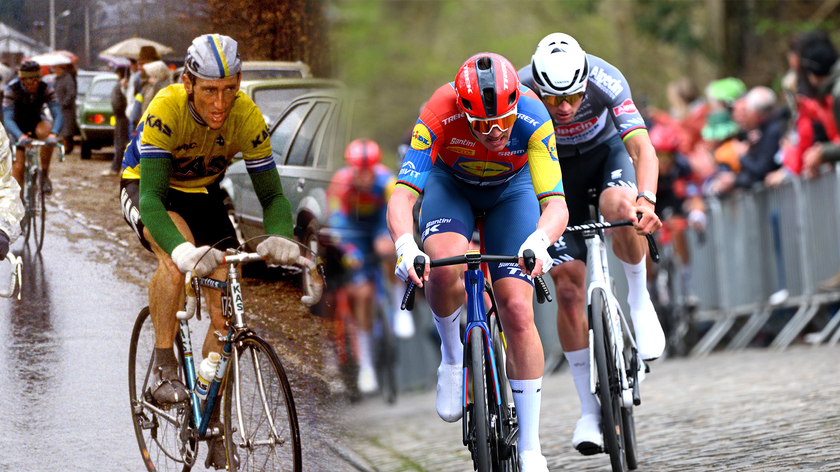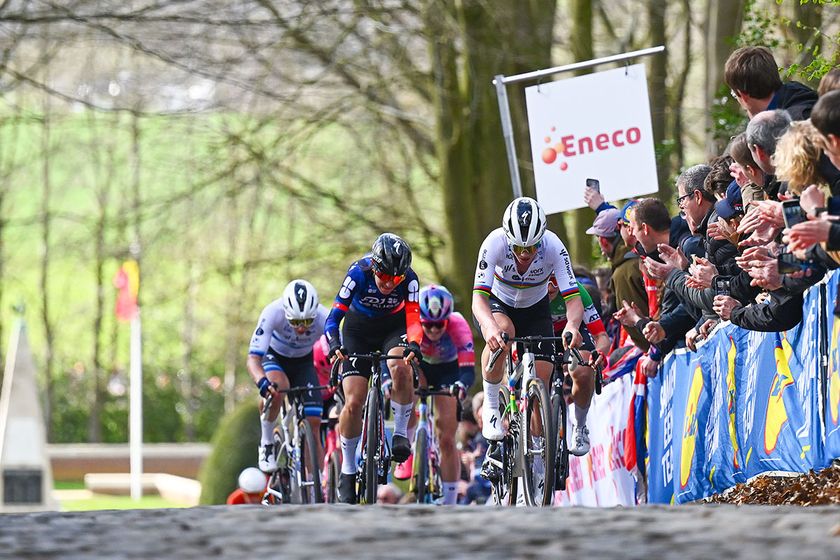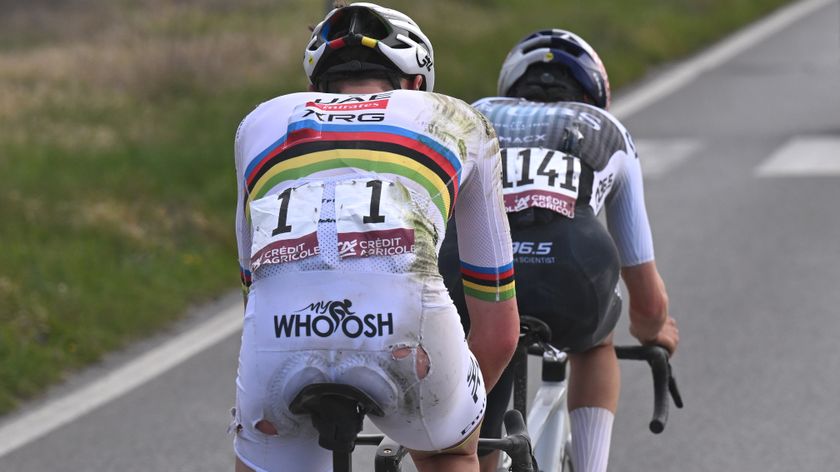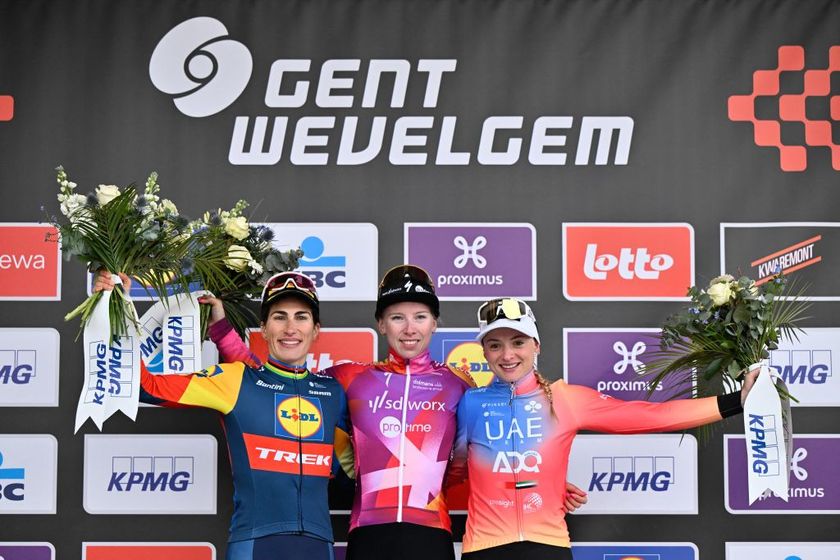Strong-minded Sylvia Schenk continues quest for Law & Order - Part II
Former German Cycling Federation (BDR) president and current member of the Union Cycliste...


An interview with Sylvia Schenk, August 10, 2005
Former German Cycling Federation (BDR) president and current member of the Union Cycliste International (UCI) Management Committee, Sylvia Schenk believes that the upcoming UCI election has been seriously compromised and filed a complaint with the International Olympic Committee's (IOC) Ethics Commission in June 2005. Schenk complained about the UCI's financial support of Pat McQuaid, Road Commission President and UCI president-elect, and is about to file another complaint with the UCI Appeals Board before eventually taking the case all the way up to the Court of Arbitration for Sport (CAS), as she told Cyclingnews' Hedwig Kröner in an exclusive interview. (See also: Part I)
CN: So what is the legal procedure now?
S.S.: There's one complaint filed with the Ethics Commission of the IOC about the electoral campaign. It just cannot be that a Federation finances one of the candidates to the presidency, when there are in fact three candidates. That never happens anywhere! The IOC, for example, has very clear and strict rules on its candidacy for president: no candidate may be supported by the IOC in whatever way during the campaign. The way the UCI handles Pat McQuaid is in total opposition to that. The other two candidates were not even given the addresses of the electoral delegates - there are 42 worldwide - whereas Verbruggen mailed all of them saying they should vote for McQuaid. It's inconceivable! So that's my first suit with the IOC.
Then, concerning the question whether the Constitution is breached as McQuaid is getting paid like a full-time employee while still occupying a seat in the Management Committee, I will file a complaint with the Appeals Board, the internal tribunal of the UCI, which is responsible on constitutional matters. I want to follow the correct legal procedure. I've just finished the paperwork for that.
CN: What's the difference between a written contract and a verbal one between McQuaid and the UCI?
S.S.: It's a contract as soon as it's clear that you do this and this, and in return get that and that. We all get a small expense allowance being members of the Management Committee, it's CHF10,000 per year, which covers telephone costs, etc. This is not the subject of a contract with the UCI. The UCI could stop that allowance tomorrow and I couldn't sue for it. That's a different story to McQuaid's, who lives in an apartment at the shores of Lake Geneva close to Montreux, still has his house in Ireland, and has to finance his living. That just goes far beyond an expense allowance."
Get The Leadout Newsletter
The latest race content, interviews, features, reviews and expert buying guides, direct to your inbox!
CN: What is your status in the Management Committee now? [In an official UCI communiqué, the Management Committee decided "that all relations with her will be stopped with immediate effect." - ed.]
S.S.: I'm still a part of it. It is not possible to suspend me from my position without a legal procedure. From what I understand of the UCI press release, the UCI simply doesn't want to deal with me any more. The only consequence that I've felt until now is that I haven't received the electronic press overview from the UCI since Friday. They just don't send me e-mails anymore. It's sort of childish. But Verbruggen doesn't talk to me anymore since May 2004, so this is just the continuation.
CN: Tell us about that.
S.S.: It started when Verbruggen brought McQuaid into the game two years ago. I noticed that a lot of people had substantial doubts about it and asked me for my opinion. I also had my doubts about it, but I thought it unwise to talk about it behind Verbruggen's back. So I told him that we had to talk about it, but his reaction was blunt: He said that he was the one who had gotten me into the UCI in the first place, so he expected me to do what he wanted and support McQuaid. So I told him that I was thankful to him for being in the position that I was in, but that I had my own responsibilities now and that I needed to be convinced first.
Then he tried to put pressure on me. At the World's in Hamilton (Canada, 2003) he yelled and swore at me. I just tried to keep calm and we did talk sensibly after that again, but in the meantime he said to me, 'It's a man's world, and you're a woman, so you have to adapt.' That was his most important point, so to speak. [laughs] In Hamilton, he told me I should think very carefully about what I do, as I was damaging the Federation and myself. He said he could see to it that I wouldn't get re-elected just like the other Italian president [Giancarlo Ceruti]. So he threatened me massively. And I'm the kind of person who speaks her mind, openly, not behind someone's back. I can be convinced of something, I can agree to a majority but the topic should be sensibly discussed first. I won't be forced, and I won't be bought.
Meanwhile, we did have periods where it wasn't so bad, and in January there was a meeting which actually went quite well, but the protocol which we received after it was a catastrophe. None of our decisions were included in it. So I asked about it, as it was just a matter of having something on paper from that meeting, as it would have made our subsequent work easier. He wrote me a furious e-mail saying that I always wanted to change everything and never stuck to what we decided. So we talked again and that's when he said that he wouldn't tolerate a single opposing vote in the Committee, that he expected everybody to be unanimous, come what may. But I think it's normal to have an opposing vote - it doesn't mean that I wouldn't support a majority decision later on! But I just like to read in the protocol that there were opposing votes too. As if that was a defeat for the president...
The situation between us deteriorated further. One major factor was the ProTour, because I had reservations about its conformity with competition law. From then on, since May 2004, he refused to talk to me again.
CN: So what is your opinion of the ProTour?
S.S.: I have a lot of experiences with UCI reforms: there was the Track reform, Cyclo-cross (my particular field, where Verbruggen wanted to impose decisions on me but where I could prevent it). Concerning the ProTour, I think that this reform shouldn't have been pushed through that fast, because the interests of the national federations and other parties involved weren't taken into account at all. The content of the reform isn't that bad, but if you put it into practice the wrong way, you destroy a lot. What's the saying? 10 percent is content, and 90 percent is communication. By using violence, you don't get people on your side.
There's several problems concerning the ProTour, and these have been addressed by the three Grand Tours again and again. The system is rigid, it's a closed circuit of four years for 20 teams, and other teams should get the chance to enter it - otherwise it's questionable under competition law. The same goes for the events themselves - France and Belgium for example would like to see more of their races in the calendar but they don't stand any chance of getting them in. The system is too rigid.
CN: How do you see your chances against the UCI?
S.S.: It won't be easy, but there are a few signals of people who call me to ask if they can help in any way. So it's definitely wrong to say that I'm alone in my efforts - that just won't work if Verbruggen says that. I do get some support, be it openly or through small gestures. We'll just have to wait and see if the situation comes up where the overall opinion tilts.
My conviction is that this sort of thing is inadmissible in a federation. As a member of the Management Committee, I'm responsible and have to see to it that things are handled according to Law and Constitution. So if, during an election campaign, the candidates are refused any information but the president himself addresses the electoral delegates in an e-mail...it's unbelievable! If that practice is supposed to be legal and carried out within an international sports federation, then you can forget about democracy."
CN: When will we find out?
S.S.: On September 23 at the latest, but if it goes on like this, all of the lawsuits won't have been completed yet. I can still go to the CAS or another tribunal, or at least I want to.
Click here for Part I of our interview with Sylvia Schenk, where she talks about her background, her resignation from the BDR, and her current complaint against the UCI.

Guidelines to eliminate 'huge impact' of drafting in women's races coming to Life Time Grand Prix series
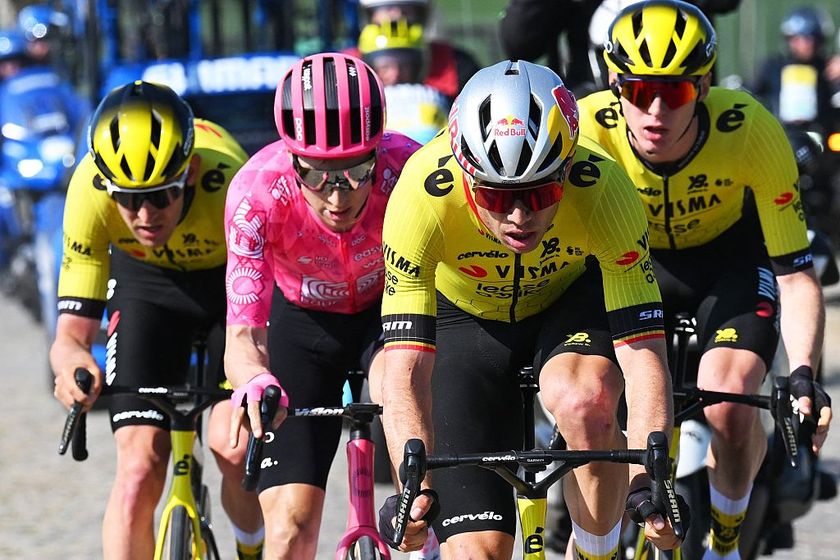
Eyewitness – Tactical blunder turns Wout van Aert and Visma-Lease a Bike's 'perfect' day at the Classics into a nightmare
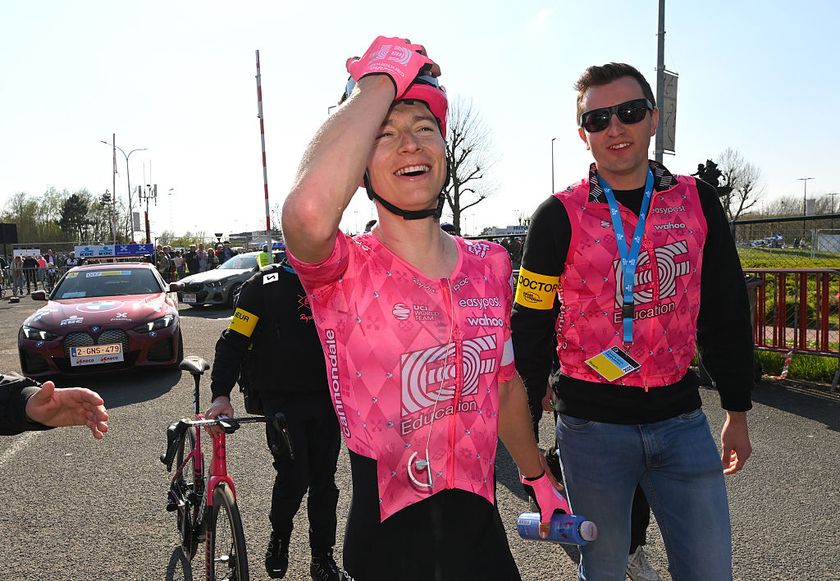
'A ton of weight was lifted off my chest' - Neilson Powless proves his one-day race prowess with Dwars door Vlaanderen win
